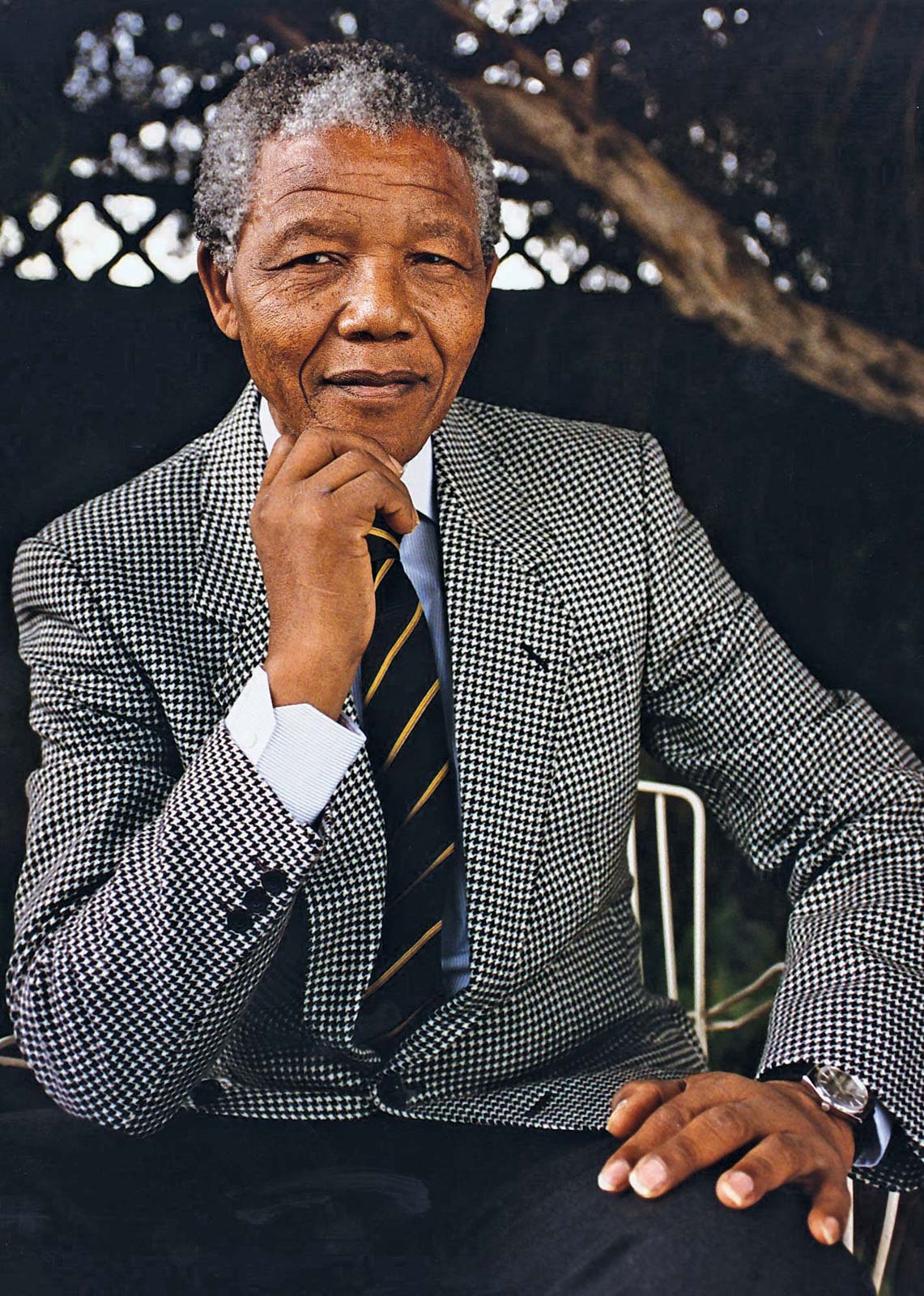Today, the National Transitional Justice Working Group (NTJWG) joins the rest of the world in commemorating Nelson Mandela International Day. This day is commemorated to pay tribute to the former South African President, Nelson Mandela’s dedication to the service of humanity in conflict resolution, promotion and protection of human rights, reconciliation, and the promotion of social justice. The commemoration of this day acknowledges Nelson Mandela’s contribution to the struggle for democracy and social justice in the face of the apartheid system which was based on racial segregation and discrimination in South Africa, and indeed in other countries within the sub-region.
This year, the day is being celebrated under the theme, “One Hand Can Feed Another.” This theme is particularly relevant in the face of the ongoing COVID-19 pandemic which has not only wiped-out lives but has also negatively affected livelihoods. This theme, therefore, is a call to the people of the world to work together to tackle food insecurity. According to the World Food Program, the number of people who are unable to put food on their table in Zimbabwe’s urban areas has increased from 30 percent in 2019 to 42 percent in 2021. The NTJWG urges the Government of Zimbabwe (GoZ) to take leadership amidst this crisis and provide relief to the people of Zimbabwe who are facing food insecurity. The NTJWG also calls on the people of Zimbabwe to come together and assist each other in whatever ways they can to fight food insecurity.
As the world celebrates this day, it is important to bear in mind the following words by Nelson Mandela: “For our freedom can never be complete or our democracy stable unless the basic needs of our people are met. Overcoming poverty is not a gesture of charity. It is an act of justice. It is the protection of a fundamental human right, the right to dignity and a decent life. While poverty persists, there is no true freedom”. Tackling food insecurity is a key aspect of poverty reduction. Food security-related interventions enhance social cohesion, address root causes and drivers of conflict and generate peace dividends. This culminates in the prevention and mitigation of violent conflict and contributes to more sustainable peace through the creation of an environment that is conducive to dealing with the violent past to guarantee non-recurrence. The NTJWG, therefore, urges the GoZ, human rights organisations, humanitarian organisations, faith-based organisations, and the people of Zimbabwe to commemorate this day by striving to preserve the values of peace, healing, freedom, unity, and protection of human rights that Nelson Mandela dedicated his life to. This is possible through working together guided by the tenets of ubuntu to tackle food insecurity among other issues that plague the nation.
//NEVER AGAIN//

